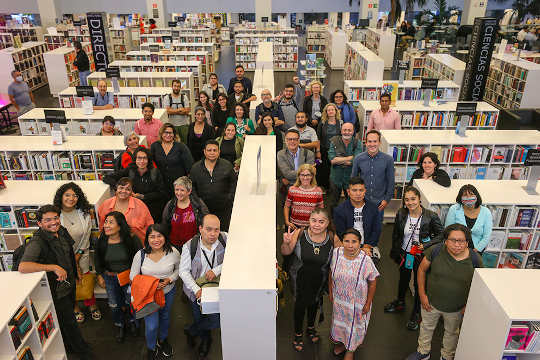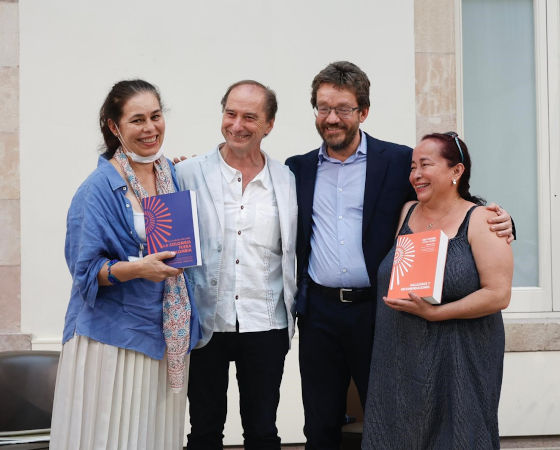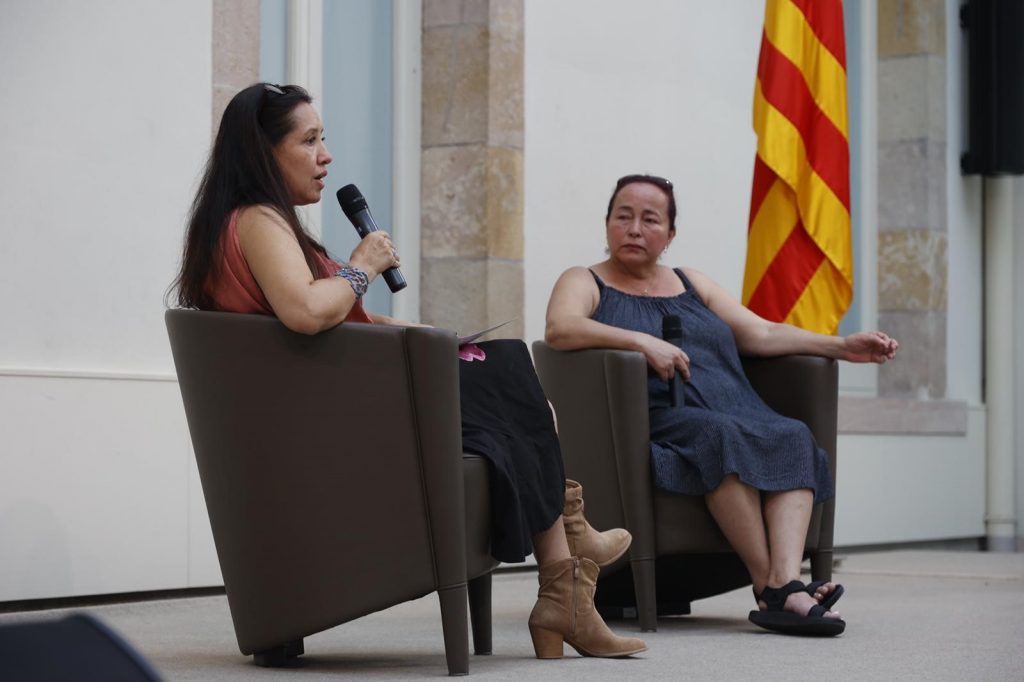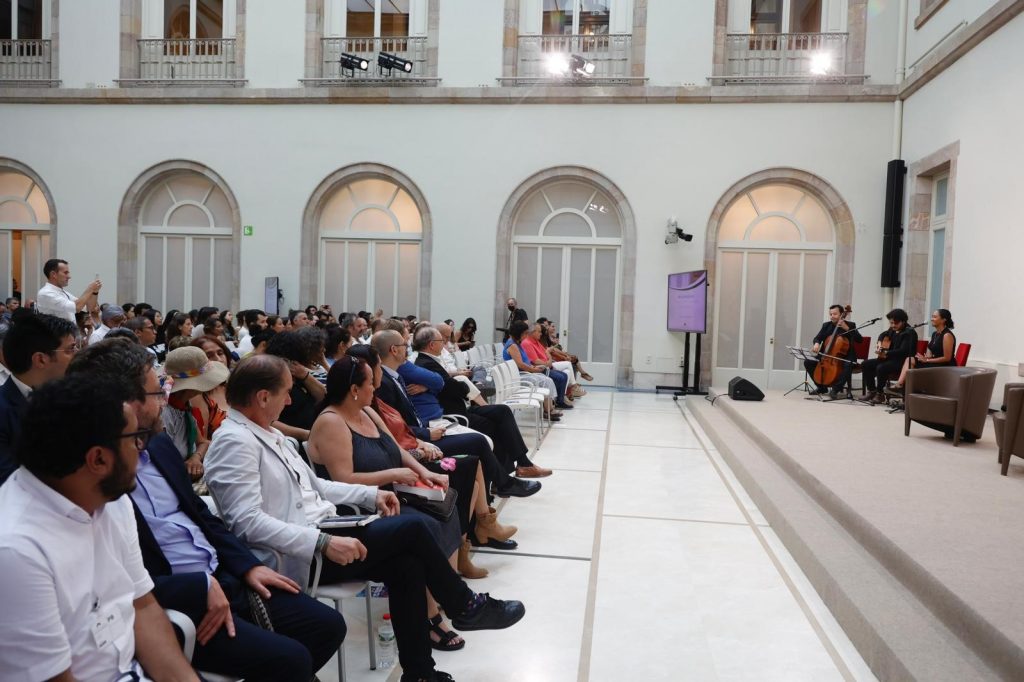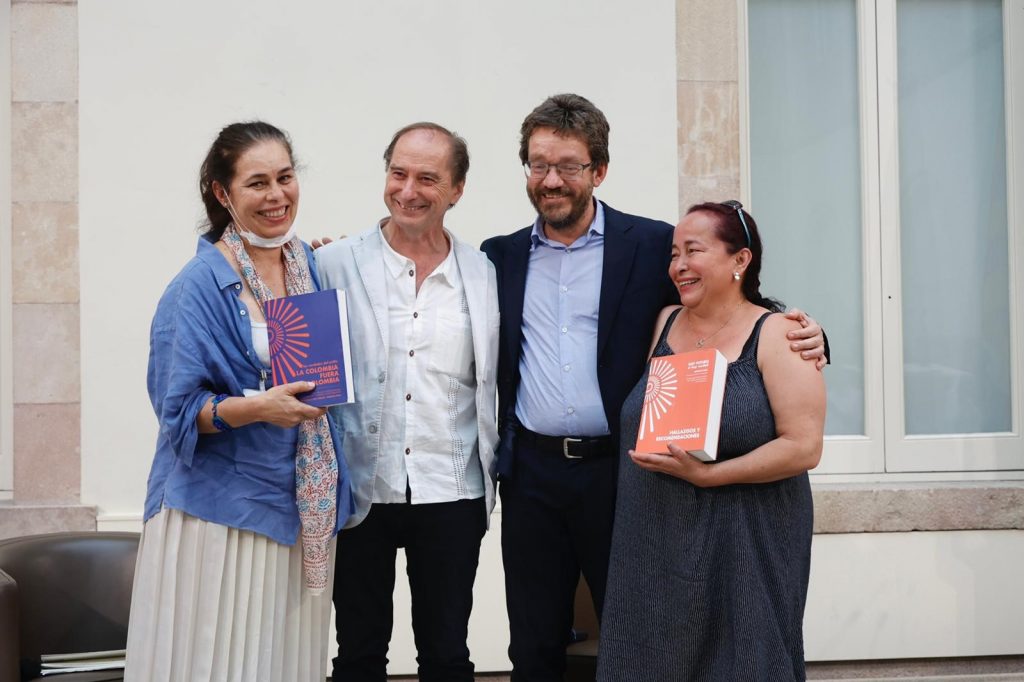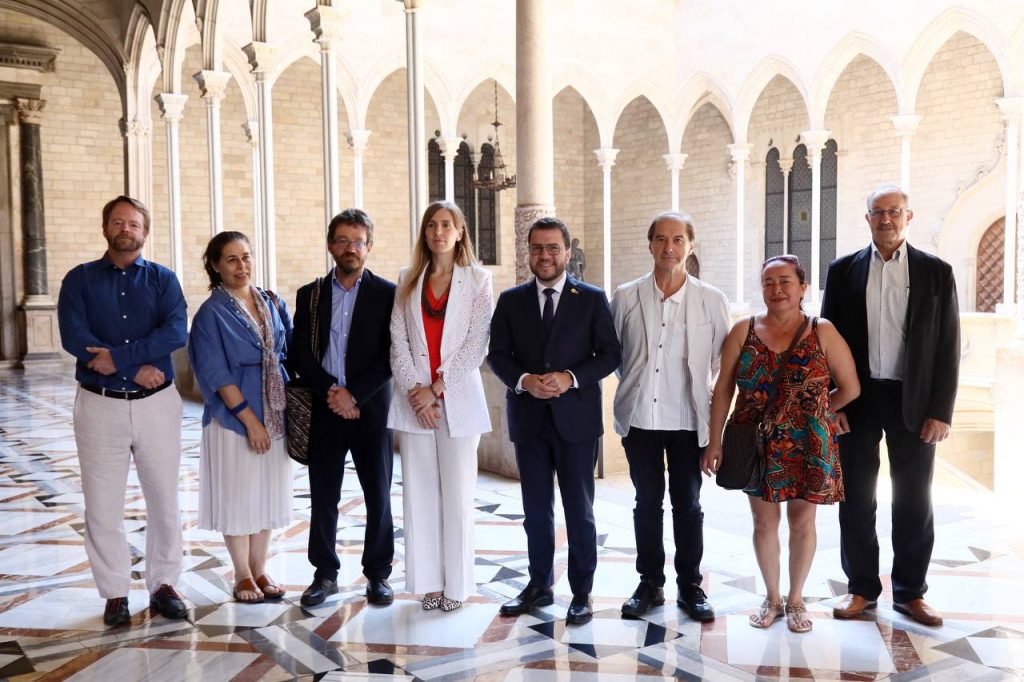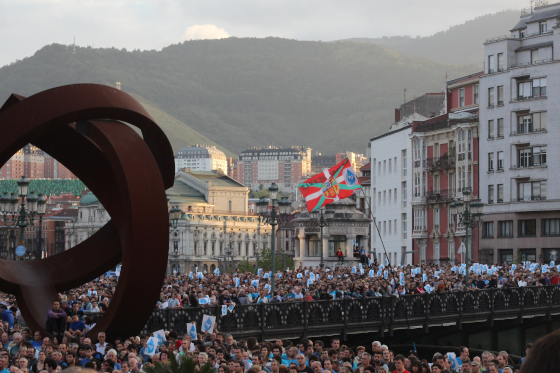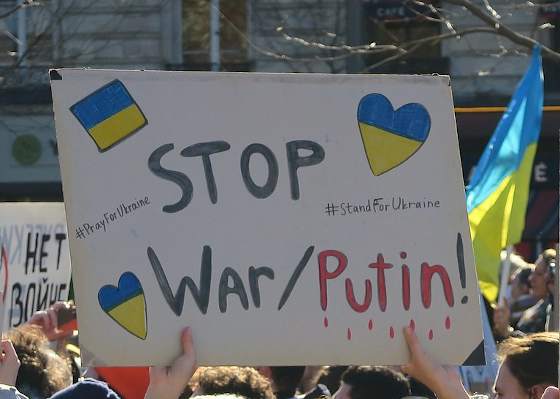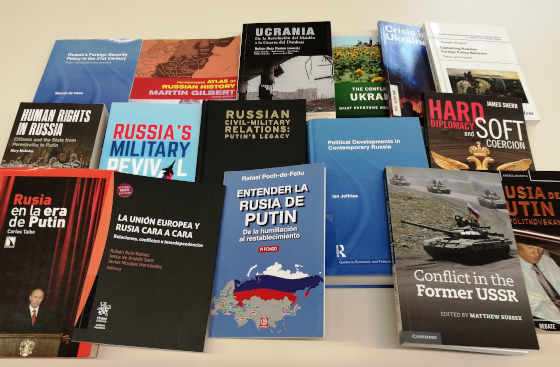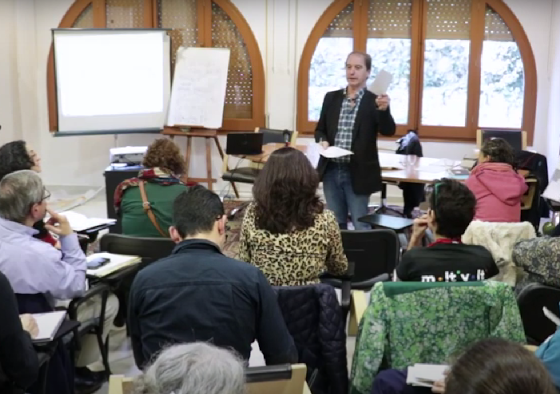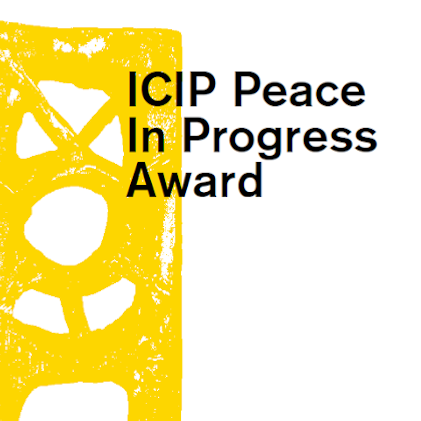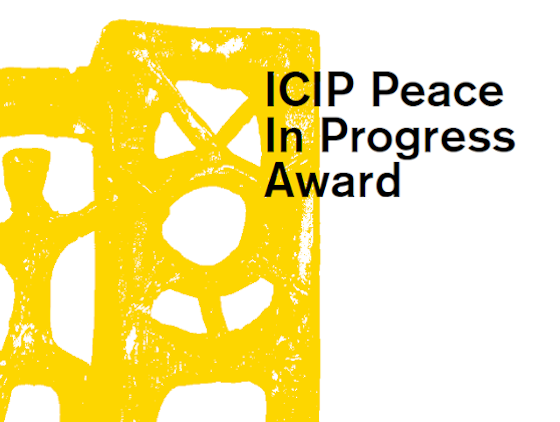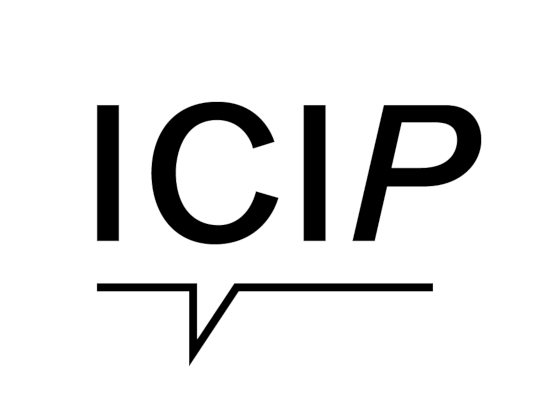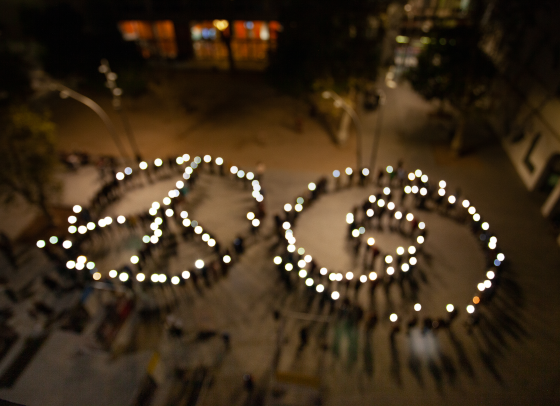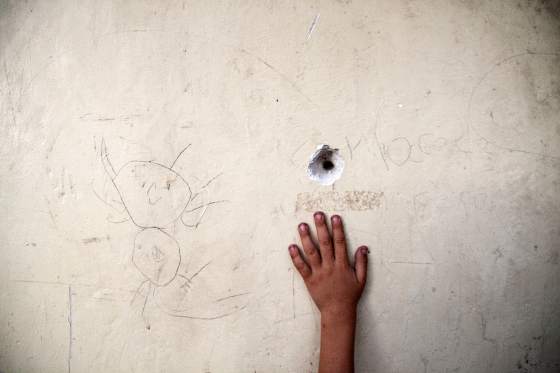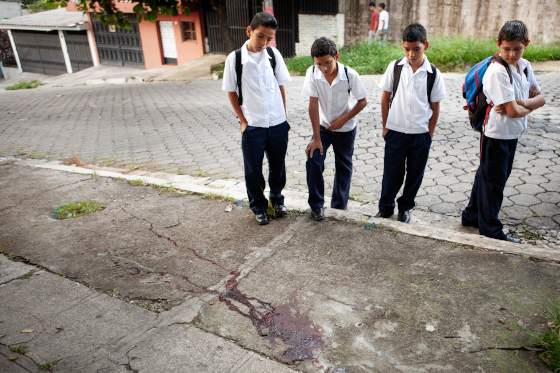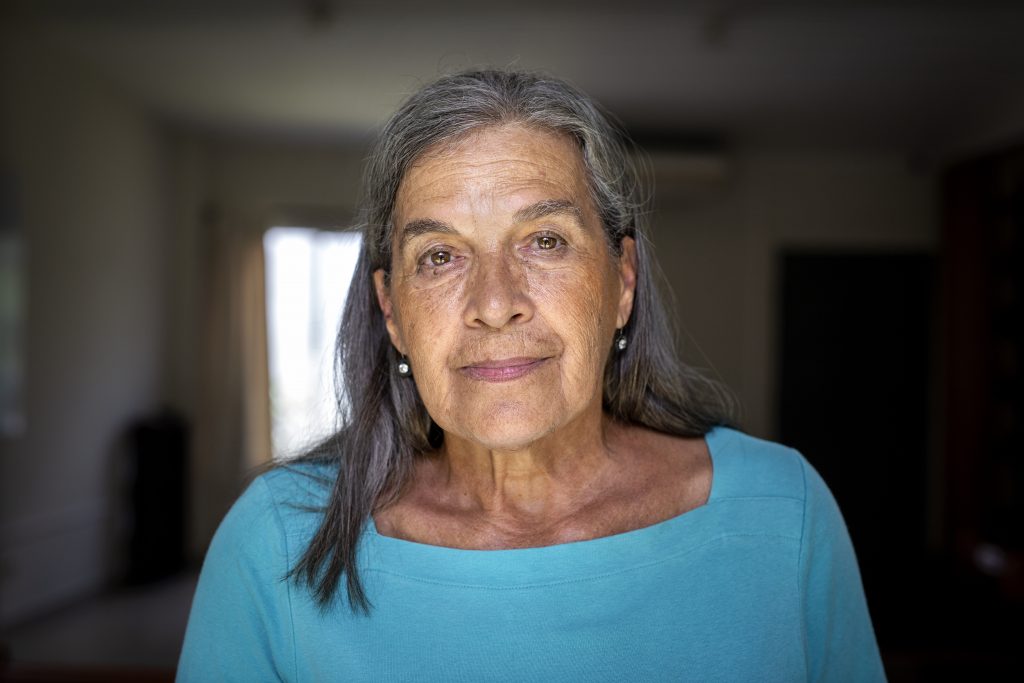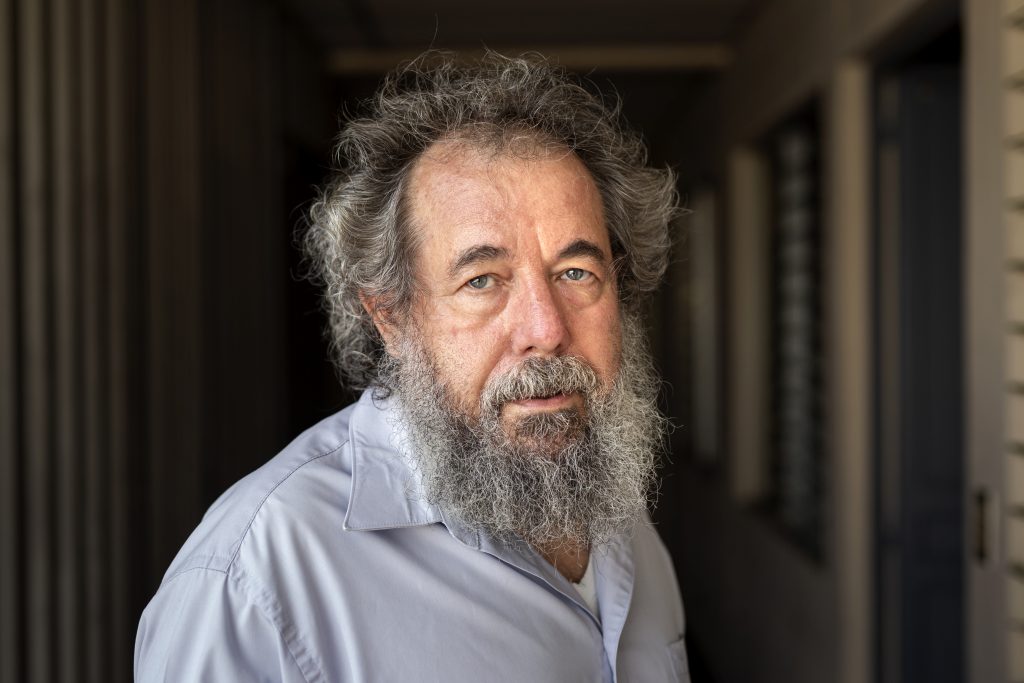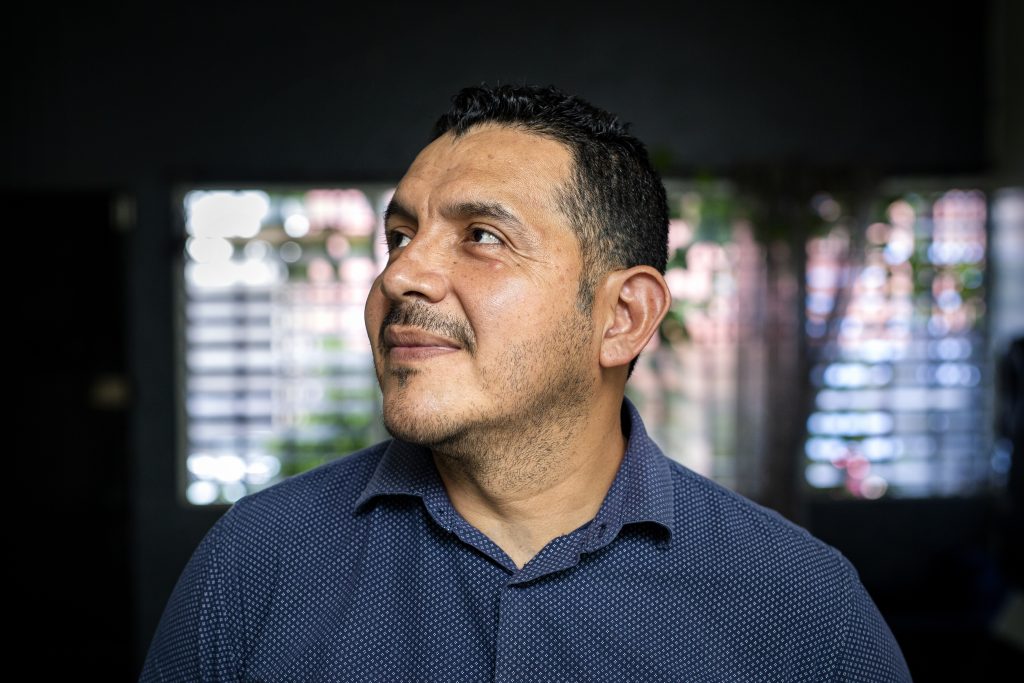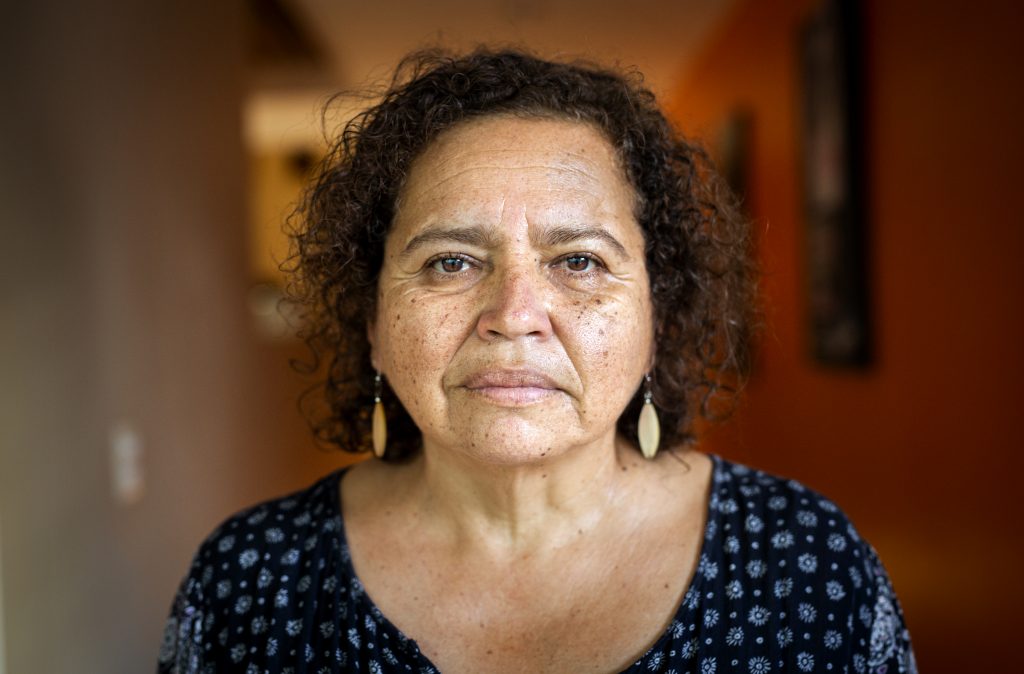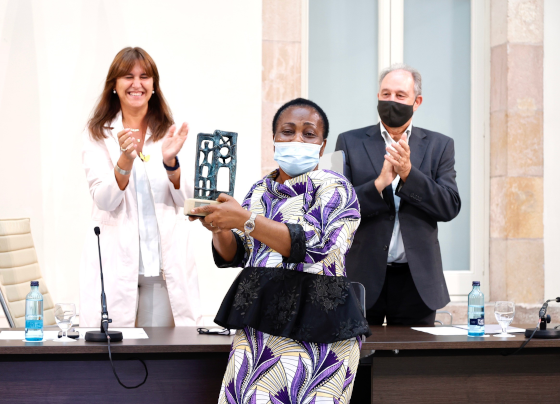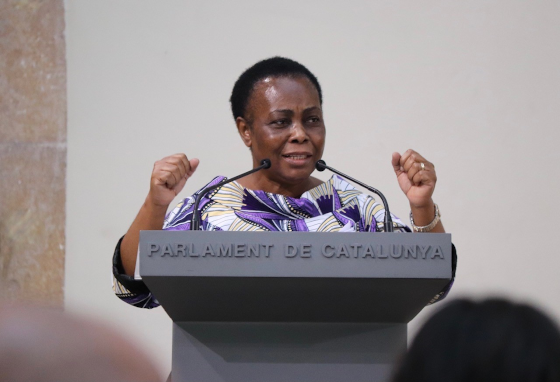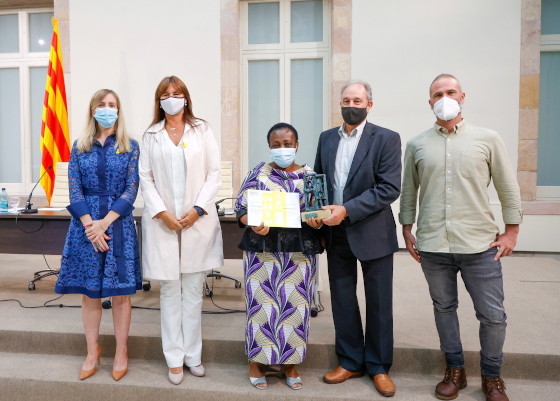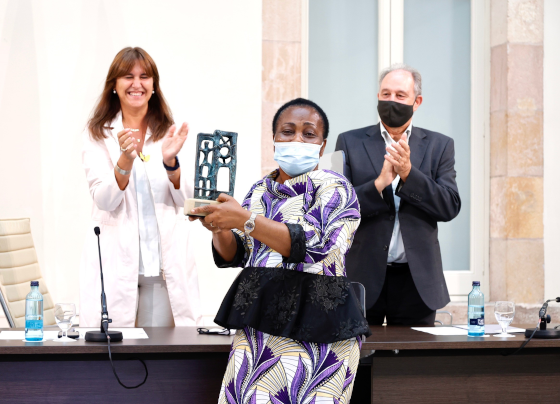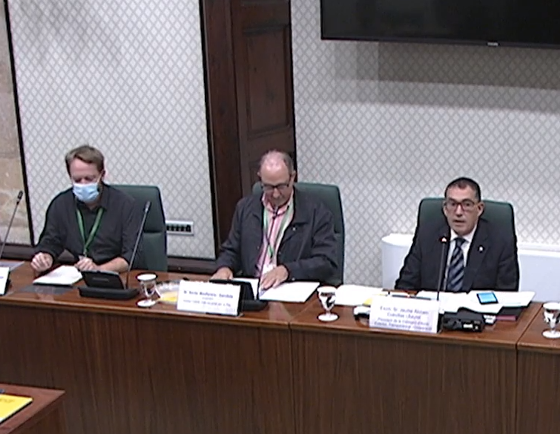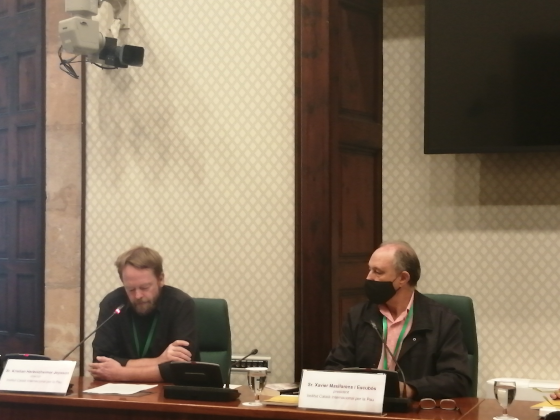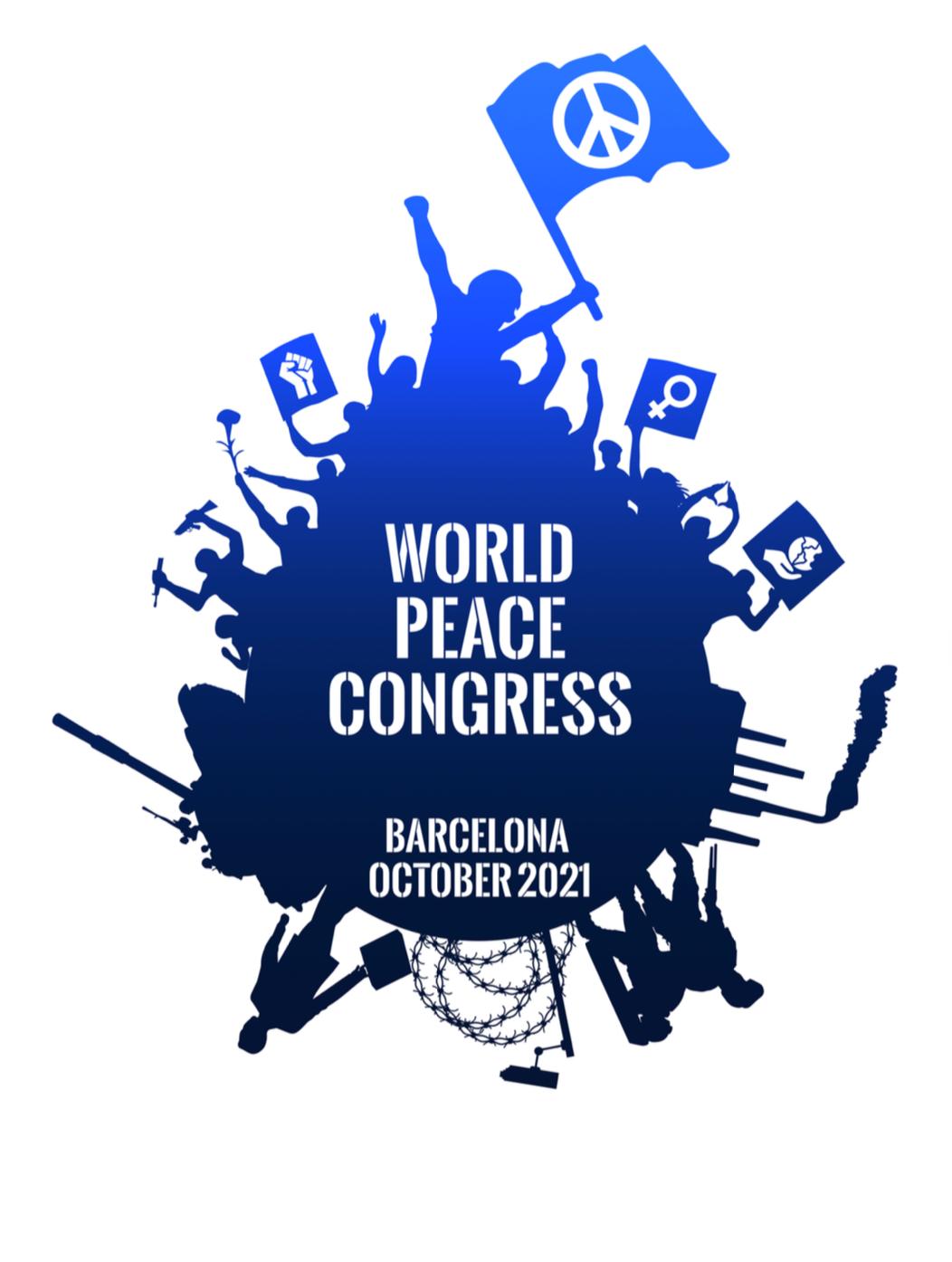In a context of extremely high levels of violence and impunity, the forum “Journalism and peacebuilding in Mexico: Protecting journalists, guaranteeing freedom of the press,” was held in Mexico City on 20-21 June. This event provided an opportunity to debate and analyze the vulnerability of Mexican journalism and the challenges faced by the profession in order to become an actor of peacebuilding and transformation. What opportunities are there to develop networks that raise awareness about the precariousness of the sector and the risks faced by many professionals?
Organized by ICIP, the Barcelona City Council and Taula per Mèxic, the forum was held at the Centro Cultural Bella Época and was attended by about 150 people. Many Mexican journalists participated in the event, a number of whom participate in the “Barcelona protects journalists from Mexico” program, promoted by the Barcelona City Council together with Taula de Mèxic. This program aims to facilitate the stay in the Catalan capital of journalists threatened as a result of the free practice of their profession.
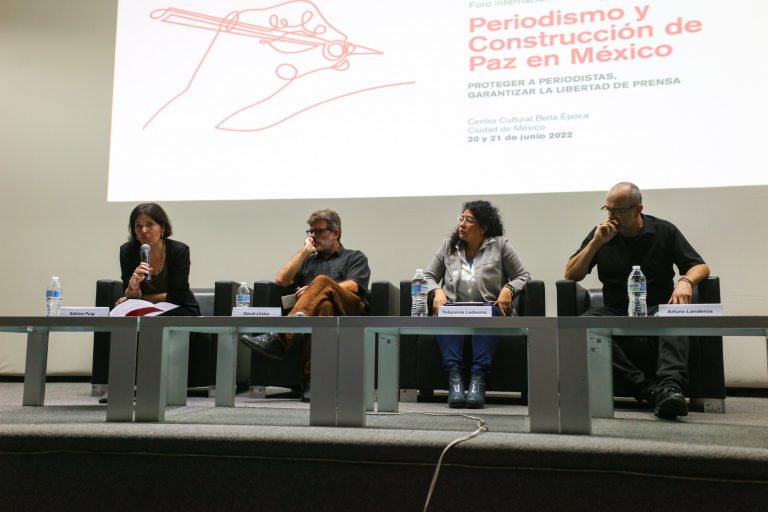
On the opening day, the forum featured the participation of the organizing institutions and entities, the general director of the Mechanism for the Comprehensive Protection of Human Rights Defenders and Journalists of Mexico City, Tobyanne Ledesma Rivera, and the representative in Mexico of the Office of the United Nations High Commissioner for Human Rights, Guillermo Fernández-Maldonado. In his speech, Fernández-Maldonado urged the Mexican government to guarantee freedom of the press because “if the press is attacked, all of society loses.”
According to data from the Mexican organization Artículo 19, a journalist is attacked in Mexico every 14 hours, and two out of every five aggressions are perpetrated by the authorities. Eleven journalists have been murdered and 600 attacks have been reported in Mexico so far this year. Silence regarding violence against women – a social, political and cultural problem, as well as a problem of vulnerability – also came up during the forum: “If women are silenced, femicides and human rights violations against them are silenced,” says Lucía Lagunes, of the feminist organization CIMAC.
In this context, the Mexican journalist Daniela Pastrana, co-founder of the Periodistas de a Pie network, has opted for the need to develop networks of journalists to fight against the impunity that affects the profession – and the Mexican people in general – and against the precariousness of the sector. For her part, journalist Daniela Rea urged female journalists to speak out despite doubts and contradictions, because there is no absolute truth, and defended the right to remain silent in the context of violence.
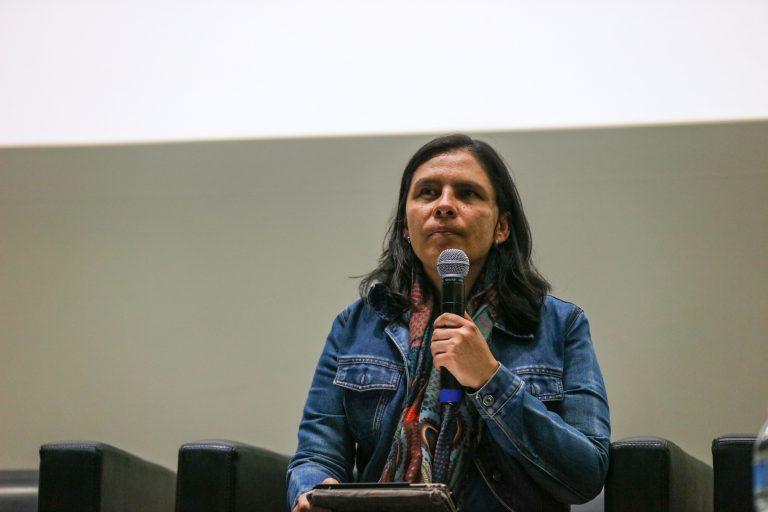
For a journalism of peace
The forum addressed the challenges of doing investigative journalism and reporting on issues that are uncomfortable for those in power, and the risks involved. There was also a panel discussion on the need to work for a journalism of peace that goes against the flow and that embraces the role of the journalist as an actor of conflict transformation.
Professor Xavier Giró recalled that journalists act as political subjects, that they do politics, and that they need strategy and context to deal with any conflict. The importance of a journalism that approaches conflicts in a contextual, historical and pedagogical perspective also came up in the debates. “What matters are processes, not individual news events.”
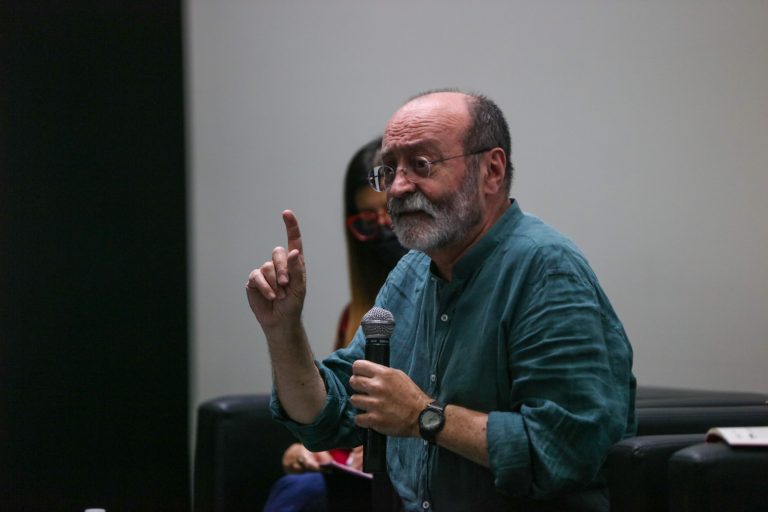
Psychosocial support and protection mechanisms
The threats and risks faced by Mexican journalists committed to peace and human rights require comprehensive psychosocial support, a physical and mental care that must also come from institutions. In this sense, the psychologist Wara Revollo, of Taula de Mèxic, talked about the assistance provided by Barcelona’s protection program for journalists who have been threatened.
In the last session of the forum, the effectiveness of the current mechanisms for the protection of journalists at risk was debated and the shortcomings of the instruments in force in Mexico became apparent. “The federal protection mechanism does not work, their speeches are good but we, as journalists, suffer smear campaigns. We are unprotected,” said journalist Natividad Ambrocio, who is a participant in the Barcelona protection program. She added that there are no adequate protocols for rescuing threatened journalists: “We have no psychosocial support; they simply tell you one day “Either you leave or they will kill you.””
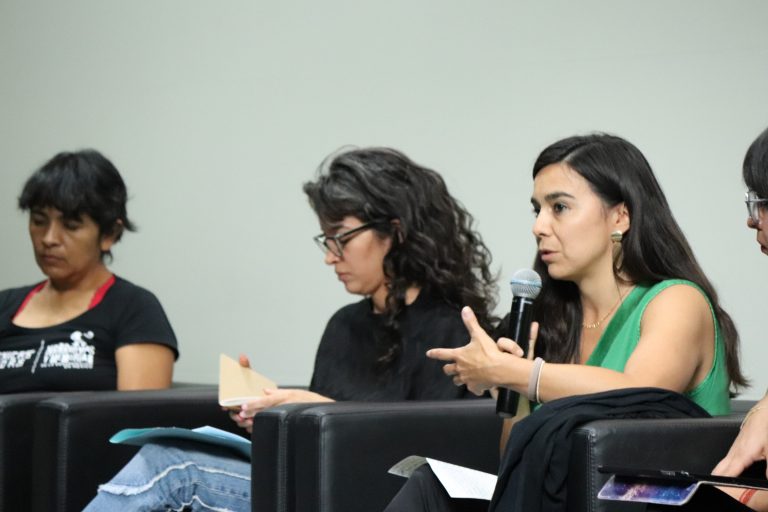
In this sense, the deputy director of Global Justice and International Cooperation of the Barcelona City Council, Judit Salas, took stock of the municipal protection program and recalled the need to work before and after the reception of participants, emphasizing the importance of the participants’ return. Salas also stressed the need to network, to collaborate with different institutions and organizations, and underscored the importance of the forum as a meeting point for journalists at risk.
Since 2017, the Barcelona program has taken in 16 journalists from various Mexican states.
The Mexican associations Artículo 19, Periodistas de a Pie, CIMAC and Aluna Psicosocial collaborated on the “Journalism and Peacebuilding” forum.
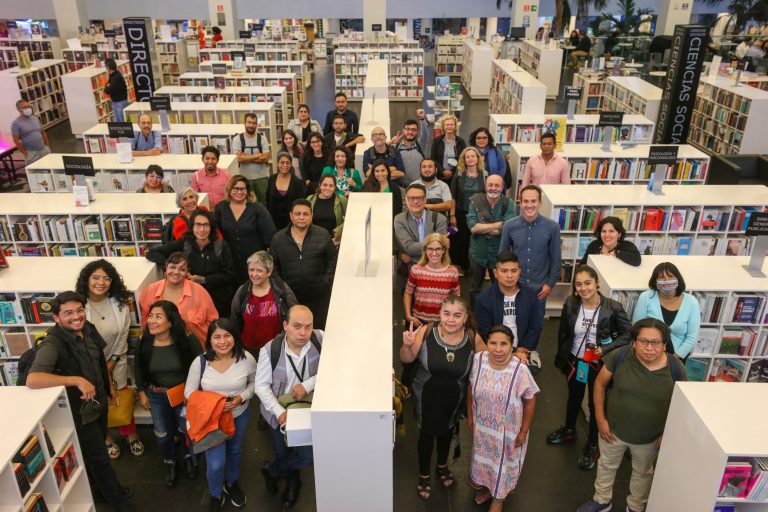
Photos by Daliri Oropeza and Chema Sarri

